Looking to the past with Team Radioshack mechanic Julien Devriese
Just how tough is a day in hell?
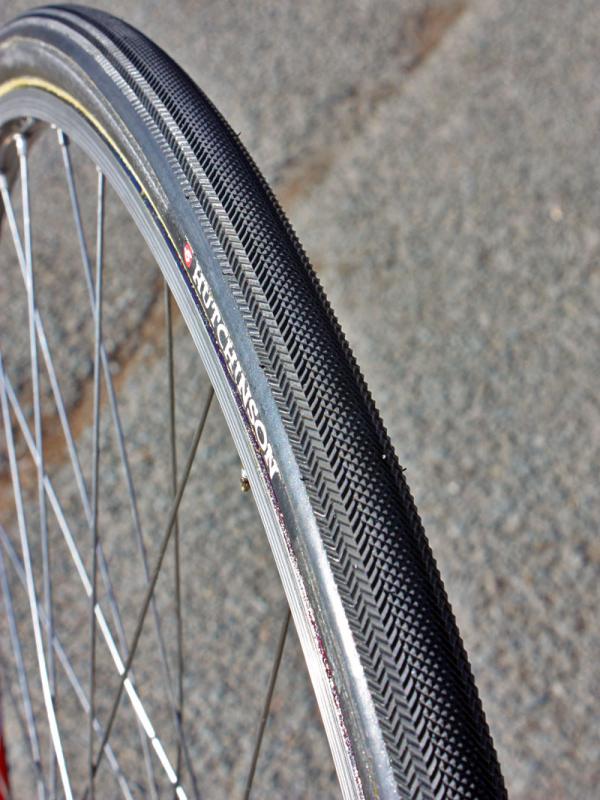
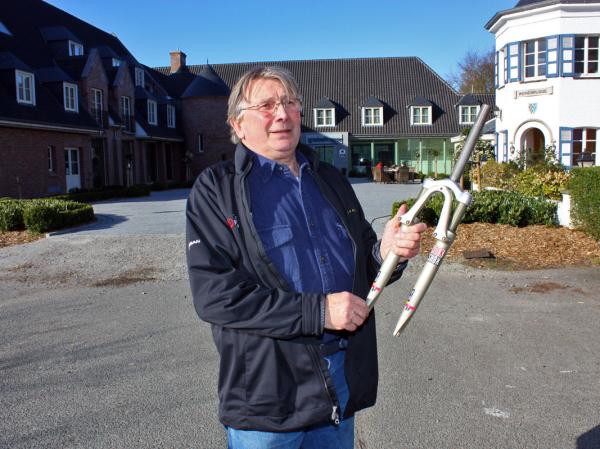
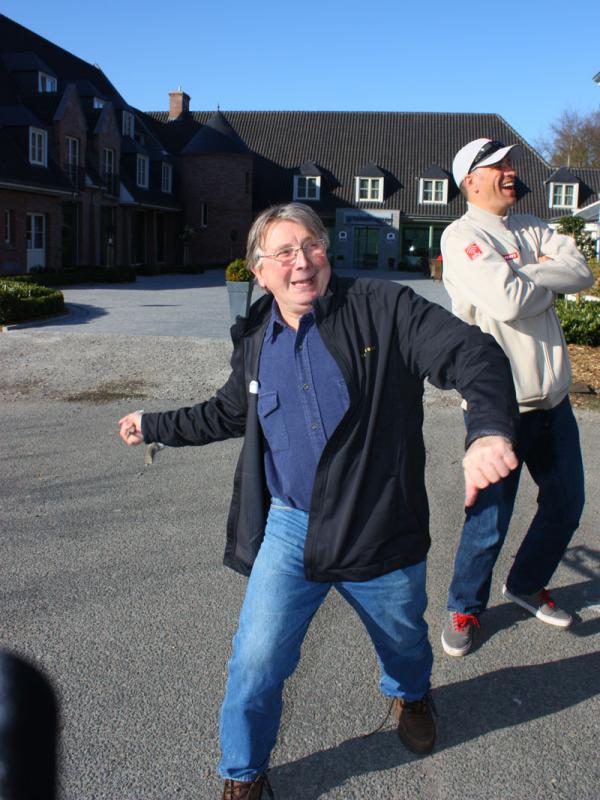
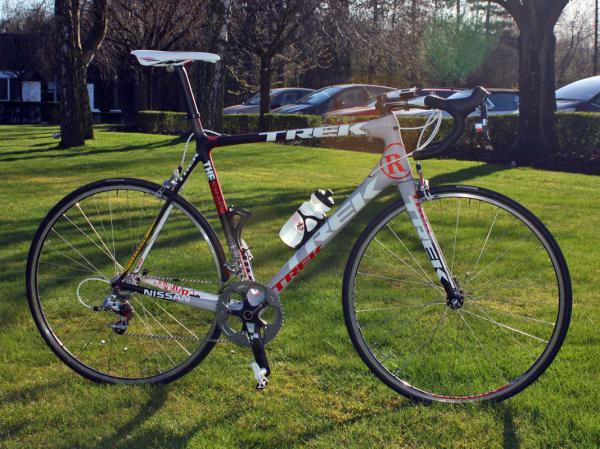
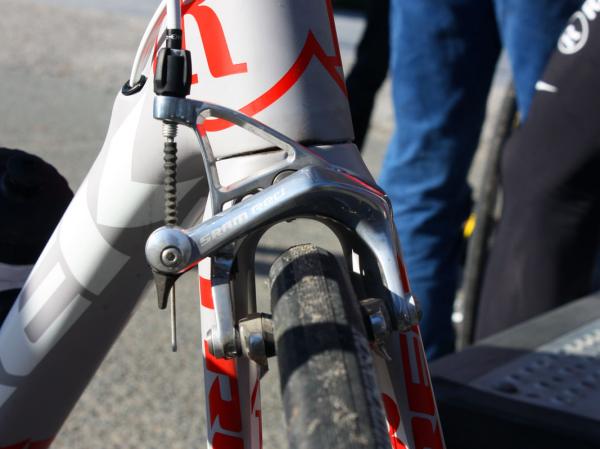
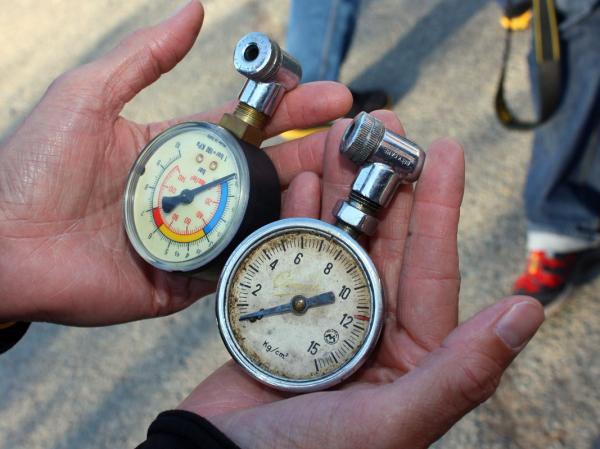
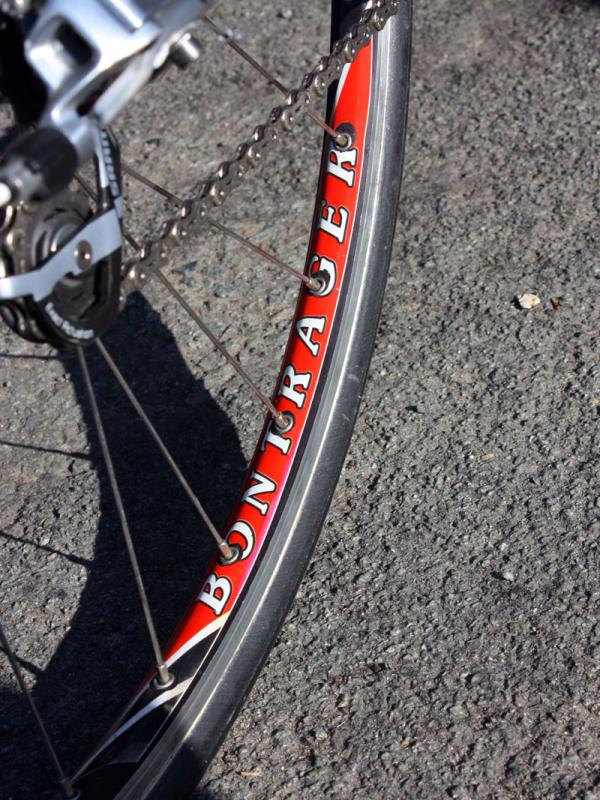
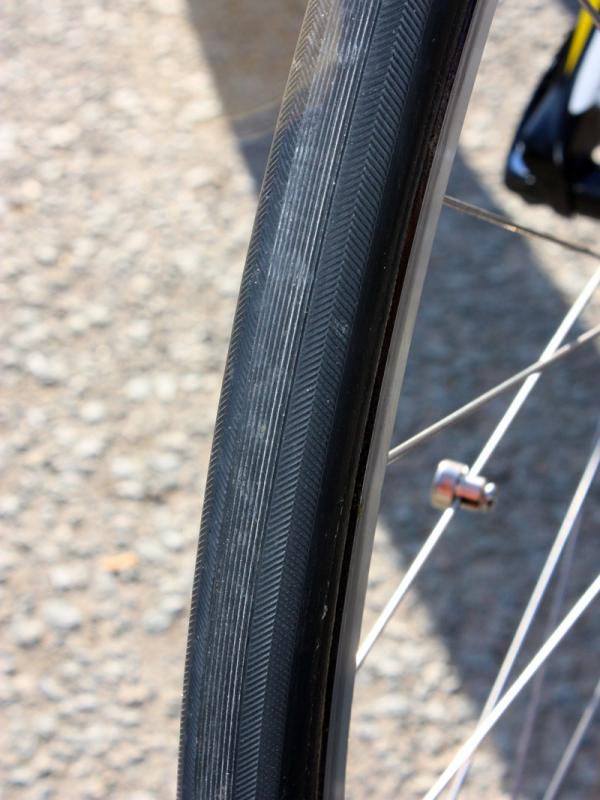
"It's not fun. It's real war, all day long."
That's how Team Radioshack directeur sportif Dirk Demol characterized the feel of Paris-Roubaix, which he himself won in 1988. Between the horrendously brutal cobbles, the mud, the unpredictable traction, the incessant jockeying for position, the crowds, and the sheer unpredictability of the day, there is simply no margin for error and no opportunity for a rider to let their guard down – in other words, just as he put it: war, all day long.
Likewise, the day is a condensed torture chamber for the bikes and equipment – even the cars – and few are better equipped to provide a firsthand account of that than team head mechanic Julien Devriese. Devriese has worked as a pro mechanic for nearly fifty years (his first Tour de France was in 1963) and can boast names such as Eddy Merckx, Greg LeMond and Lance Armstrong as riders who have depended on him during his illustrious career.
Over the years his riders have won virtually every victory and championship in the sport available and he's been on hand through it all to witness each event's effects on man and machine, and what works and what doesn't. And even he says Paris-Roubaix is a wholly different animal.
"Roubaix is not a race where you have fun," he said during a visit to the team hotel three days before the start. "You can work eight days for Paris-Roubaix and all the work can be for nothing by the first cobblestones. For Paris-Roubaix you must be lucky. You must have luck but with luck alone you cannot win Paris-Roubaix. You must be good. And in Paris-Roubaix you can have one flat tire and two flat tires but the most little mistake, you pay."
Equipment has naturally changed significantly since Devriese's early days of wrenching: bikes have gotten much lighter, there are now twice as many gear ratios as in the past, and the team support structure has grown significantly.
"In the beginning with Molteni we had a small van!" he recalled. "That's all we had. Things have changed a lot."
Get The Leadout Newsletter
The latest race content, interviews, features, reviews and expert buying guides, direct to your inbox!
But what's perhaps more interesting is how things have stayed the same.
For Devriese, the perfect machine for Paris-Roubaix starts with a standard road frameset that has been slightly modified for additional tire clearance, traditional-type wheels with box-section aluminum rims, and high-volume tubular tires – and that's all. In his eyes, everything else is either ineffective, unnecessary, or a downright detriment.
"With a normal frame you can do Paris-Roubaix but it must be dry," he said. "When you come in the rain and then the mud, it all fills up – you cannot do it with a normal bike. When you put your heavier tubulars in, they pass just [referencing the clearance]. But when you have a rainy day or mud on the road… [gestures a stopping motion]."
He's especially harsh on some riders' use of deep-section carbon rims.
"Normal wheels with spokes and a flat rim: that's the best for me," he said. " But who am I? I never did Paris-Roubaix, eh? For me, the carbon wheel with the fat tubulars on, it's like one like this and one like this [gesturing in opposite directions]. These wheels you cannot tighten a bloc. The wheels must move or else the spoke will break."
Devriese believes that carbon rims' increased stiffness also results in more flat tires as impact stress is no longer distributed across the whole system.
"The carbon wheels don't move! Sometimes young riders, at the beginning of the season, they ask if they can have deep wheels and I say 'no, classics wheels – end of story, no more questions.' Lance also asked for deep wheels but for him you cannot say no."
To emphasize his point, Devriese recalled a moment etched in the mind of every contemporary Paris-Roubaix follower. "I am scared of deep wheels [for Paris-Roubaix]. Have you seen George [Hincapie] from Paris-Roubaix with his deep wheels? The handlebars in his hands?"
Likewise, Devriese doesn't think proper suspension has any place in Paris-Roubaix even after he wrenched for Gilbert Duclos-Lassalle, who won back-to-back in 1992 and 1993 with his RockShox fork and sparked a veritable frenzy of suspended Paris-Roubaix frankenbikes in the early 90s.
"Everybody wanted to have RockShox after he won. But the first year, everyone was laughing at us!"
Even so, Devriese believes front suspension has too adverse an effect on handling while rear suspension saps too much power – perhaps a commentary on the quality of what was available back then as much as the concept given how suspension was similarly regarded on mountain bikes back in the day.
"When you have too many things on the bike you lose a lot of power," he insisted. "The thing with this [gesturing towards the RockShox fork], when you put this on a rider's bike and he's happy with it, he forgets his back wheel and he's crashing all of the holes and all the flat tires were in the back."
Double-wrapped bar tape? That's ok. But top-mounted 'cross brake levers? Not so much. Devriese even says that the riders who ask for them almost never actually use them during the race.
Perhaps not surprisingly, nearly every winner of Paris-Roubaix in the modern era has done so on a bike that closely fits Devriese's model in spite of the rash of 'cross bikes and strange hybrids that teams have come up with over the years.
Technology has progressed, materials have improved, bikes are lighter and stiffer, and infrastructure has grown fancier and more complex. But the cobbles of Paris-Roubaix are still the cobbles of Paris-Roubaix and for Devriese, they will always dictate who – and what – wins in the end.